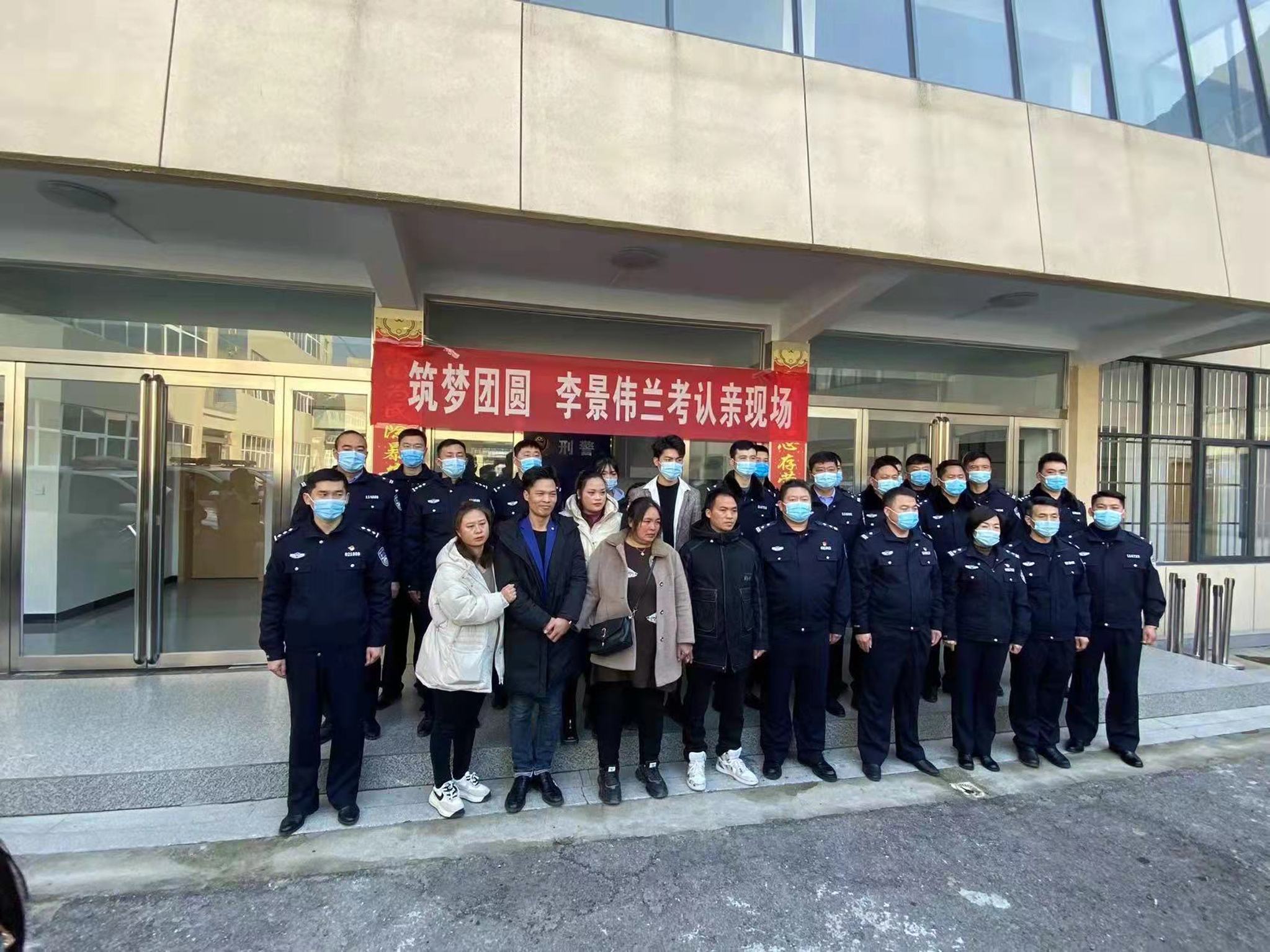Search for family narrowed down: Map, orange and dialect
Sign up now: Get insights on Asia's fast-moving developments

Li Jingwei (third from left) was reunited with his mother Madam Yang Huilan (in brown coat) after turning to social media with a hand drawn map. Police confirmed his mother's identity through DNA matching on a missing person's database.
PHOTO: COURTESY OF LI JINGWEI
BEIJING - Gan Biao, the owner of a shop selling barbecued meat, spends most of his days scrolling through Douyin, the Chinese version of TikTok.
But rather than watching the latest influencer videos, the Sichuan native keeps an eye out for those in search of missing family members.
Since 2018, he has helped reunite nearly 20 families through making short videos, public appeals and sheer investigative work.
He is not alone - more than 60 other volunteer "detectives" like him spent 13 days piecing together fragments of Mr Li Jingwei's memory to help him find his birth mother.
The group forms an active and little known part of Douyin helping to locate missing people.
Mr Gan, 36, said he first got on Douyin in 2018 after an elderly homeless man showed up outside his shop in Linshui county, an area in eastern Sichuan province bordering Chongqing.
The man, who said he was in his 50s, was illiterate and could not remember where he came from, but was looking for work.
After taking the man in, Mr Gan decided to make short videos to search for his loved ones.
"It took a year and a half, and 126 videos, but we finally brought his family back together: The family in Chongqing was separated during the earthquake in 2008 and the man spent the next 10 years trying to find his way home."
In the case of Mr Li, Mr Gan said he felt a sense of urgency like never before.
"In my experience, that he could remember so much meant that we had a lot of clues to go on, but his biggest barrier was himself.
"Initially, Mr Li was worried about going public with his efforts in case his (adoptive) parents felt he was being ungrateful, so it took a lot of convincing before he agreed to make a video showing his face and the map which he drew," Mr Gan told The Straits Times.
Once that first video went public, Mr Gan coordinated with the other volunteers: Some combed through historical maps, while others tried to verify other details. Mr Li's memory of "guang gan er", local dialect for tangerine, pointed to an area straddling the Yunnan-Sichuan border; a shopping mall with a major road next to it was identified as being in Chongqing, given that it was the only city in western China with such a mall in 1988; the temple he visited as a child was located in Yunnan.
During this time, Mr Gan also spoke to Mr Li nearly every day, trying to jog his memory for more details.
"When he told me on Dec 30 to say that the police had found a DNA match, I immediately knew I needed to be there to witness this," said Mr Gan, who along with three other Sichuan-based volunteers drove 1,130km to the mother-son reunion in Henan province.
"We brought him boxes of the tangerine, which we now know as 'Qi orange'. (Mr Li) said it tastes just like home: bittersweet," he said.


